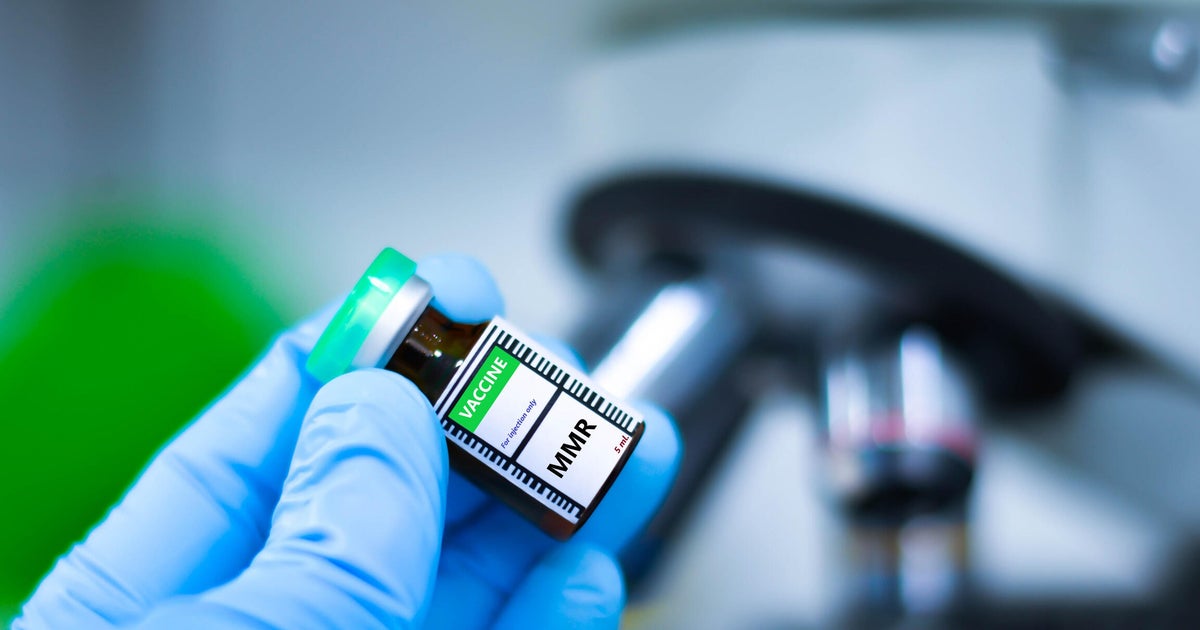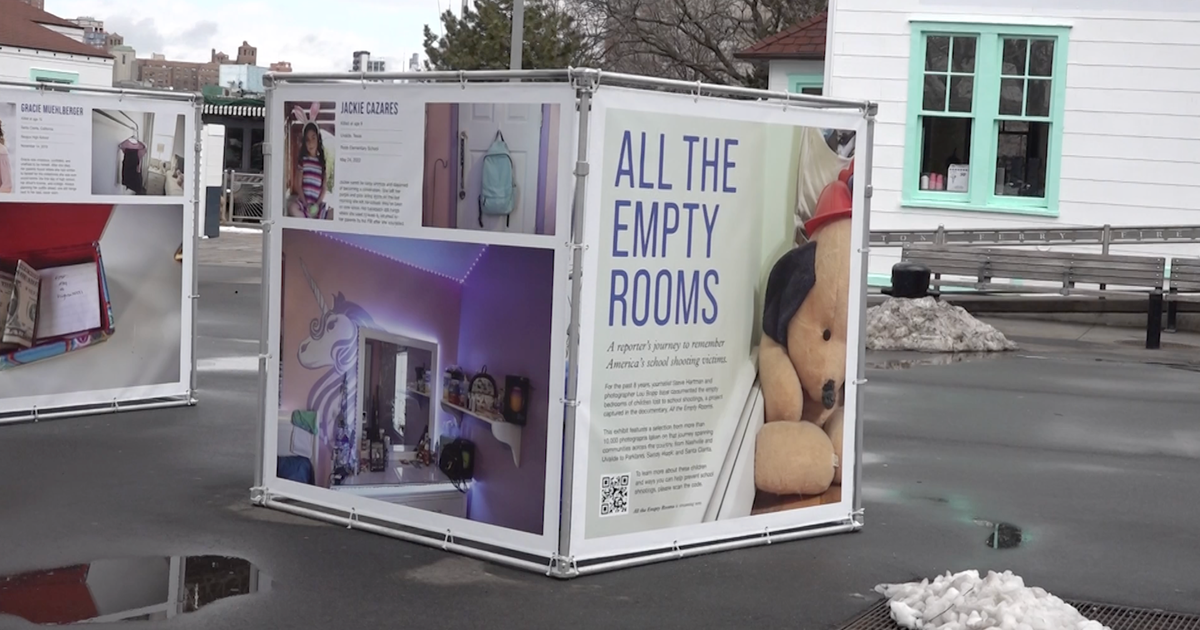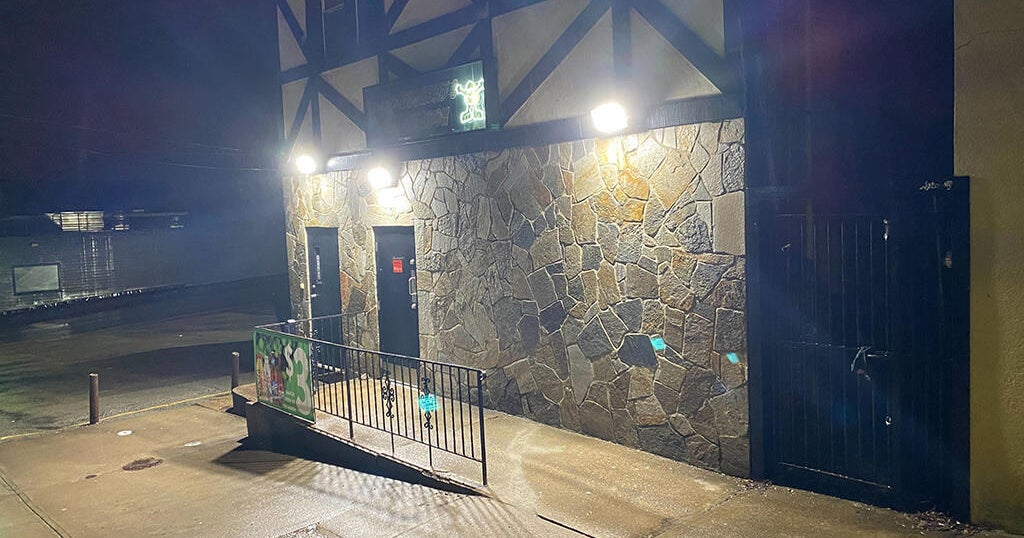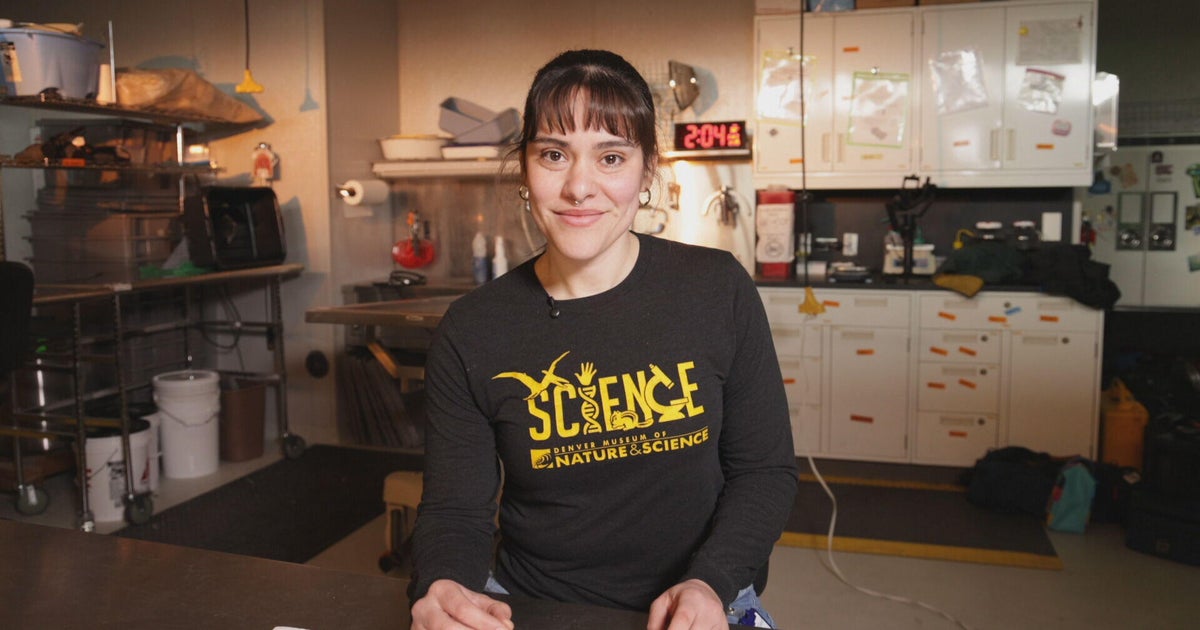HealthWatch: Hacking Into Body Metrics May Be Key To Better Health
SAN MATEO COUNTY (CBS 5) - A community of people is measuring and collecting every detail of their lives using new technology, and sharing their findings in the hopes of improving their health and the quality of their lives.
Joe and Lisa Betts-LaCroix from San Mateo County are part of a rapidly growing movement where personal everyday activities are routinely tracked and measured, using the latest in digital technology.
The movement is called "Quantified Self." Members who belong love to use new technology.
"There's definitely a geek appeal at Quantified Self," said Lisa.
The idea behind the movement is that, instead of hacking into computers, you hack into your own body - by using smart phones, mobile apps and any number of wireless devices. The goal is to fine-tune and improve your life.
Walking into Joe and Lisa's home gives you an idea that the family looks at life differently. In their living room, they have two hammock swings. On a lower level, Lisa uses a treadmill for a desk. But nowhere do thinks stand out more than in their bedroom - where before they go to sleep, they put on headbands and dark out masks.
"If I have only seven hours to get some sleeping done, then I want to do the absolute best sleeping that I possibly can do," said Joe.
At night, they track their sleep cycles using a Zeo Sleep Monitor. The headband measures brain waves and sends the data wirelessly to a bedside base station. In the morning, the couple can see a bar graph of their sleep cycles, indicating their amount of deep sleep, light sleep, REM sleep, and even instances of waking.
Joe and Lisa know they wake up periodically, but they don't know why. This question prompts an experiment.
"Did she wake me up? Did I wake her up? To solve the answer to that question, we have a newly installed "stealth cam," said Joe, pointing up to the ceiling directly above their bed.
For the next few weeks, an overhead "stealth cam" will record a minute's worth of video any time it detects motion.
"If its turns out that one person is always the person waking up and waking everyone up, then the solution would probably be…to help them get a deeper sleep," said Joe.
Joe and Lisa use a FitBit to measure their activity and a Withings scale that measures their body weight and sends the data wirelessly to their mobile devices – Giving them several indications of their overall health.
The movement began with a handful of people. Now there are chapters around the world.
"We're taking advantage of all these new technologies to learn more about ourselves," said Rajiv Mehta. Mehta is one of the co-organizers of Quantified Self.
At a recent meet-up at the California College of the Arts in San Francisco, self-quantifiers gathered to share experiences as well as experiments.
"I do think society will benefit as a whole if we're all more fulfilled," said Yoni Donner.
Donner developed an App called the Quantified Mind. Using online cognitive testing, you can hack into your own brain, and see under what conditions you can boost your performance.
"Yoga, meditation, exercise chocolate, (are) all things that are claimed to influence our minds, but there is so much we can learn about exactly how they do this," explained Donner.
Also attending the event was Stan James. James created an experiment called Life Slice, where he set up his computer to take a snapshot of himself every half hour - measuring how he spent his time.
And while you might think that these measurements go too far, physician Paul Abramson believes there can be a benefit to all this self-tracking. He knows because he's tried it.
"I'm in much more control, I think, of my own health," said Dr. Abramson.
Using mobile Apps and wearable devices, Dr. Abramson has tracked his own health for roughly a year.
His blood pressure, weight, sleep, diet, exercise and more are streamed real time or synced wirelessly into an extensive data base. By analyzing patterns, the doctor dropped 15 pounds, and discovered how sleep was affecting his headaches.
"What I've started to see is there are a lot of people with real medical problems where self-tracking could be very helpful," said Dr. Abramson.
Joe Betts-LaCroix tracked his own blood pressure and saw it going higher. He changed his behavior.
"Now my blood pressure is completely normal, and I'm happier and more relaxed," said Joe.
It's a change he said he can count on.
(Copyright 2012 by CBS San Francisco. All Rights Reserved. This material may not be published, broadcast, rewritten, or redistributed.)







